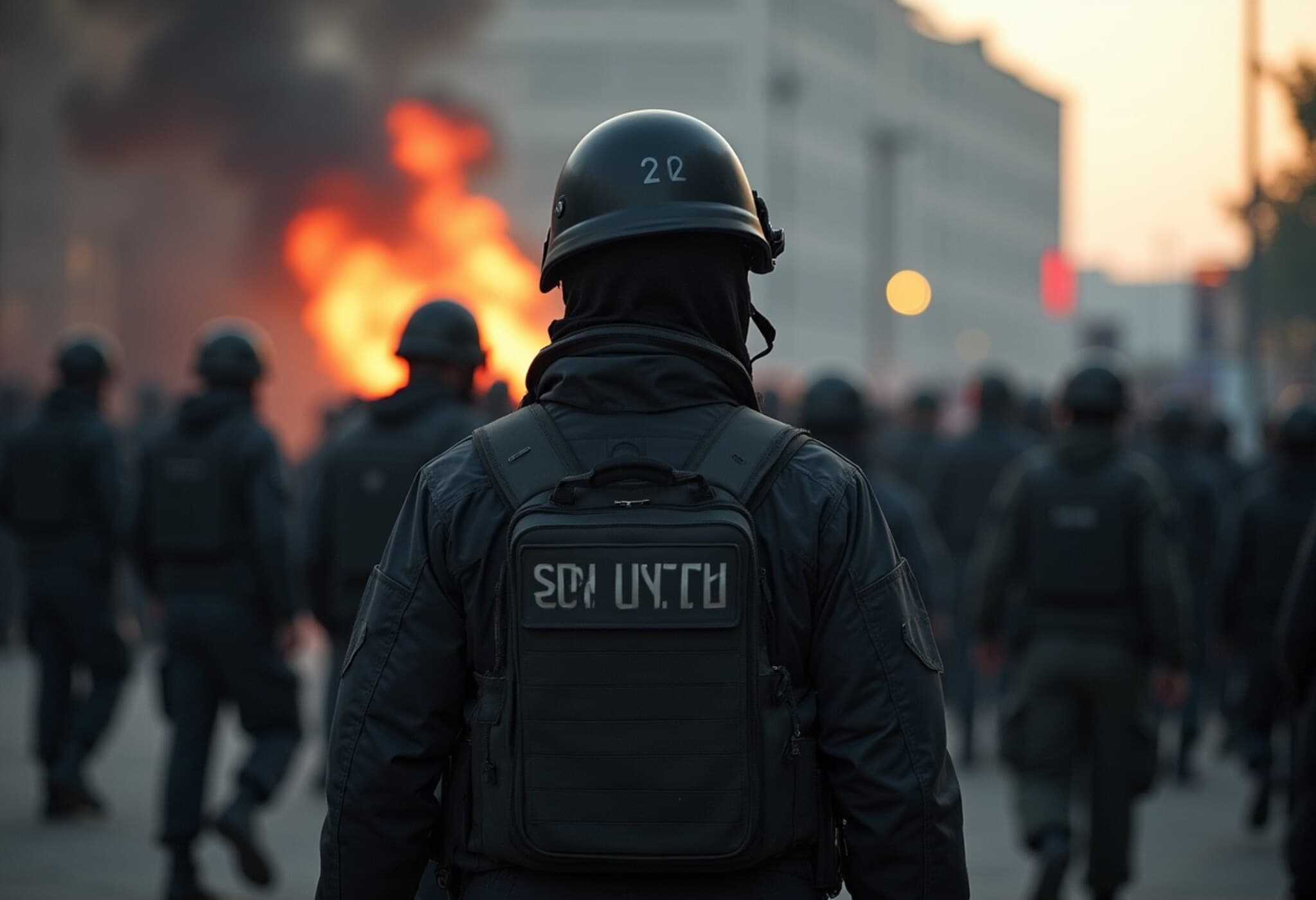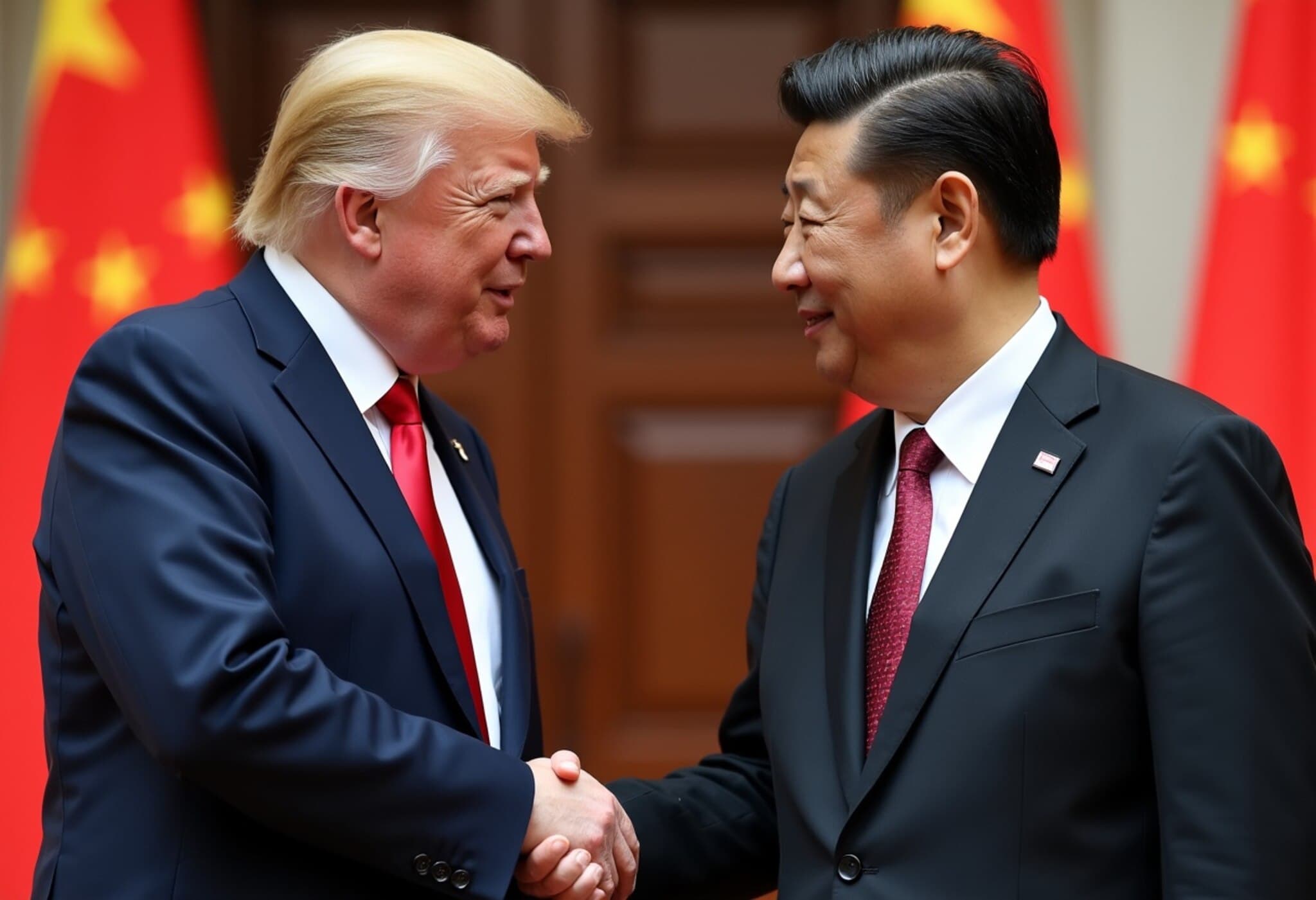IDF Initiates Surprise Drill ‘Dawn’ to Strengthen Operational Readiness
In a decisive move to sharpen its preparedness for multi-front conflicts, the Israel Defense Forces (IDF) launched a surprise military exercise codenamed “Dawn” on Sunday. Directed by Chief of Staff Major General Eyal Zamir, this large-scale drill stresses the need for rapid, coordinated responses across various theaters of war, reflecting Israel's heightened security climate.
Testing the Military’s Nerve and Agility
The exercise was designed to challenge the IDF’s general headquarters and main command centers with complex, surprise scenarios that mimic potential real-world threats. Multi-scene events stretched across all strategic fronts, putting troops, commanders, and intelligence units on high alert to enact swift countermeasures.
Oversight was led by IDF Comptroller Brigadier General (res.) Ofer Sarigm and his team, whose role was to meticulously evaluate the army’s reaction times and operational capabilities. In a statement, the IDF emphasized its commitment to continuous improvement:
“The IDF will continue and initiate a series of audit activities across all commands, branches, and units to enhance their competence and readiness.”
Context: Tensions Simmering on Multiple Fronts
This large-scale drill unfolds amid ongoing IDF operations on multiple fronts. Just the previous night, Israeli forces targeted a suspected terrorist in the Aynata area of southern Lebanon. Officials assert that the individual was collecting intelligence on Israeli military positions, a direct violation of the fragile Israel-Lebanon ceasefire agreement. These developments underscore the delicate security environment in which Israel is operating.
Earlier in the week, Prime Minister Benjamin Netanyahu convened a pivotal three-hour security meeting with senior officials. There, IDF leadership presented the array of strategic options for continuing the campaign in Gaza, signaling a readiness to escalate military action depending on Security Cabinet decisions.
From Netanyahu’s official X account:
“Prime Minister Benjamin Netanyahu held a three-hour security discussion today, in which options for proceeding with the campaign in Gaza were presented by the IDF Chief-of-Staff. The IDF is prepared to carry out any decision made by the Security Cabinet.”
Expert Analysis: The Significance of ‘Dawn’ Amid Regional Uncertainty
Military experts stress that drills like “Dawn” serve several crucial purposes beyond simple preparation. Firstly, they act as a test of command and control networks, ensuring decision-makers can communicate effectively under pressure. Secondly, surprise scenarios reveal potential vulnerabilities, allowing for preemptive corrective actions.
From a policy perspective, this exercise reflects Israel's strategic posture amid complex regional dynamics, including threats from Hezbollah in Lebanon and ongoing tensions in Gaza. It also sends a clear signal to adversaries about Israel's commitment to readiness and resilience.
What Lies Ahead for the Region?
- Heightened Military Vigilance: With increased training intensity, the IDF aims to sustain operational superiority despite unpredictable threats.
- Political Decision-Making: The Security Cabinet’s forthcoming decisions will shape the trajectory of the Gaza campaign and broader regional security.
- Ceasefire Fragility: Incidents such as the Aynata operation highlight how tenuous existing agreements remain, calling for careful diplomatic navigation alongside military preparedness.
Editor’s Note
The IDF’s surprise exercise “Dawn” exemplifies the enduring tensions and challenges that characterize Israel’s security landscape today. While drills enhance military readiness, they also bring to the fore the broader geopolitical dilemmas facing the region. Readers should watch for how Israel balances assertive defense postures with diplomatic efforts to maintain fragile peace agreements. As military and political actors navigate these complexities, the impact extends beyond borders, resonating with global security concerns.
Stay informed as we continue to monitor developments in this evolving conflict, providing context and expert insight to help decode what these maneuvers mean for regional stability and international relations.










